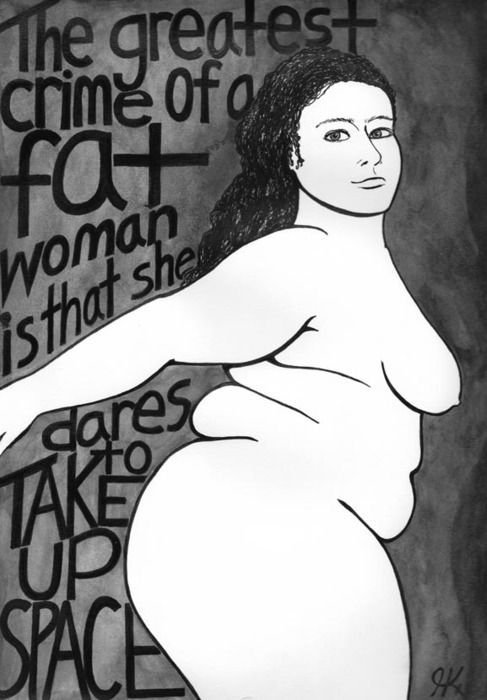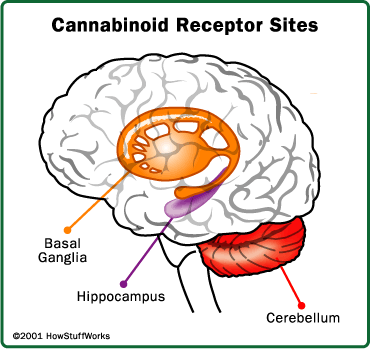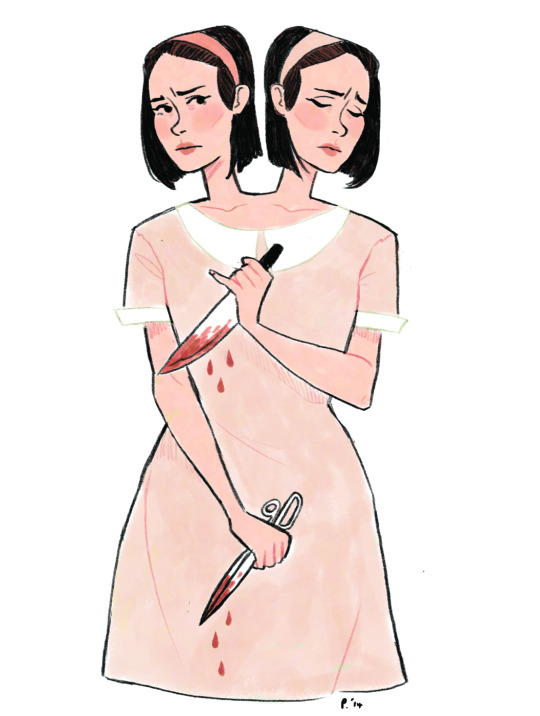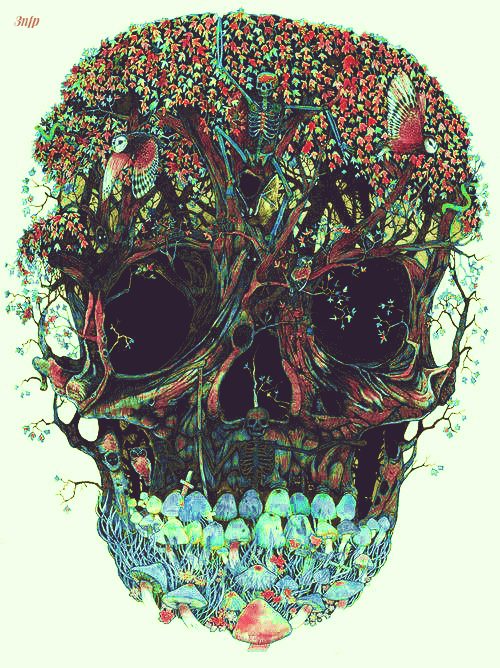I'm a going on 22 years old college student, majoring in Biology. I love photography, fashion, Doctor Who, cooking, science, things that are humorous, cats, and humorous things about cats. DFTBA.
Don't wanna be here? Send us removal request.
Photo









RuPaul’s Drag Race Contestants at the Marco Marco Fashion Show
33K notes
·
View notes
Photo

Take up as much or as little space as you want, it is nobody else’s business!
258 notes
·
View notes
Quote
[Polyamory] isn’t dividing your heart into multiple sections. Loving someone else doesn’t mean I love your father less. It’s like having kids; instead of dividing my love between you, I have separate units of love for each of you.
My mother, upon telling me that she and my dad are polyamorous and have an open marriage three years ago (via denarilah)
This is beautiful.
(via learningpoly)
3K notes
·
View notes
Photo



20 & 21/87 of my favorite Misha tweets
40K notes
·
View notes
Photo

@wolvador #goblue #graduationday
0 notes
Photo

My attempt at a TARDIS. #doctorwho #BBC
2 notes
·
View notes
Photo



Introduction to How Marijuana Works
Marijuana is the buds and leaves of the Cannabis sativa plant. This plant contains more than 400 chemicals, including delta-9-tetrahydrocannabinol (THC), the plant’s main psychoactive chemical. THC is known to affect our brain’s short-term memory. Additionally, marijuana affects motor coordination, increases your heart rate and raises levels of anxiety. Studies also show that marijuana contains cancer-causing chemicals typically associated with cigarettes.
Marijuana plants contain more than 400 chemicals, 60 of which fit into a category called cannabinoids. THC is just one of these cannabinoids, but it’s the chemical most often associated with the effects that marijuana has on the brain. Cannabis plants also contain choline, eugenol, guaicacol and piperidine. The concentration of THC and other cannabinoids varies depending on growing conditions, plant genetics and processing after harvest.
Marijuana in the Body
Every time a user smokes a marijuana cigarette or ingests marijuana in some other form, THC and other chemicals enter the user’s body. The chemicals make their way through the bloodstream to the brain and then to the rest of the body. The most powerful chemical in marijuana is THC (delta-9-tetrahydrocannabinol), which is primarily responsible for the “high” associated with the drug.
The most common way of using marijuana is smoking. Smoking is also the most expedient way to get the THC and other chemicals into the bloodstream. When the smoke from marijuana is inhaled, the THC goes directly to the lungs. Your lungs are lined with millions of alveoli, the tiny air sacs where gas exchange occurs. These alveoli have an enormous surface area — 90 times greater than that of your skin — so they make it easy for THC and other compounds to enter the body. The smoke is absorbed by the lungs just seconds after inhaling.
You can also eat marijuana. In this case, the marijuana enters the stomach and the blood absorbs it there. The blood then carries it to the liver and the rest of the body. The stomach absorbs THC more slowly than the lungs. When marijuana is eaten, the levels of THC in the body are lower, but the effects last longer
Marijuana and the Brain
THC is a very potent chemical compared to other psychoactive drugs. An intravenous (IV) dose of only 1 milligram can produce serious mental and psychological effects. Once in your bloodstream, THC typically reaches the brain within seconds after it is inhaled and begins to go to work.
Marijuana users often describe the experience of smoking marijuana as initially relaxing and mellow, creating a feeling of haziness and light-headedness. The user’s eyes may dilate, causing colors to appear more intense, and other senses may be enhanced. Later, feelings of a paranoia and panic may be felt by the user. The interaction of the THC with the brain is what causes these feelings. To understand how marijuana affects the brain, you need to know about the parts of the brain that are affected by THC. Here are the basics:
Neurons are the cells that process information in the brain. Chemicals called neurotransmitters allow neurons to communicate with each other.
Neurotransmitters fill the gap, or synapse, between two neurons and bind to protein receptors, which enable various functions and allow the brain and body to be turned on and off.
Some neurons have thousands of receptors that are specific to particular neurotransmitters.
Foreign chemicals, like THC, can mimic or block actions of neurotransmitters and interfere with normal functions.
In your brain, there are groups of cannabinoid receptors concentrated in several different places. These cannabinoid receptors have an effect on several mental and physical activities, including:
Short-term memory
Coordination
Learning
Problem solving
Cannabinoid receptors are activated by a neurotransmitter called anandamide. Anandamide belongs to a group of chemicals called cannabinoids. THC is also a cannabinoid chemical. THC mimics the actions of anandamide, meaning that THC binds with cannabinoid receptors and activates neurons, which causes adverse effects on the mind and body.
High concentrations of cannabinoid receptors exist in the hippocampus, cerebellum and basal ganglia. The hippocampus is located within the temporal lobe and is important for short-term memory. When the THC binds with the cannabinoid receptors inside the hippocampus, it interferes with the recollection of recent events. THC also affects coordination, which is controlled by the cerebellum. The basal ganglia controls unconscious muscle movements, which is another reason why motor coordination is impaired when under the influence of marijuana.
The “Munchies”
One peculiar phenomenon associated with marijuana use is the increased hunger that users feel, often called the “munchies.” Research shows that marijuana increases food enjoyment and the number of times a person eats each day.
Until recently, the munchies were a relative mystery. However, a recent study by Italian scientists may explain what happens to increase appetite in marijuana users. Molecules called endocannabinoids bind with receptors in the brain and activate hunger.
This research indicates that endocannabinoids in the hypothalamus of the brain activate cannabinoid receptors that are responsible for maintaining food intake.
Other Physiological Effects of Marijuana
In addition to the brain, the side effects of marijuana reach many other parts of the body, which include:
Problems with memory and learning
Distorted perception
Difficulty with thinking and problem solving
Loss of coordination
Increased heart rate
Anxiety, paranoia and panic attacks
The initial effects created by the THC in marijuana wear off after an hour or two, but the chemicals stay in your body for much longer. The terminal half-life of THC is from about 20 hours to 10 days, depending on the amount and potency of the marijuana used. This means that if you take one milligram of THC that has a half-life of 20 hours, you will still have 0.031 mg of THC in your body more than four days later. The longer the half-life, the longer the THC lingers in your body.
The debate over the addictive capacity of marijuana continues. Ongoing studies now show a number of possible symptoms associated with the cessation of marijuana use. These symptoms most commonly include irritability, nervousness, depression, anxiety and even anger. Other symptoms are restlessness, severe changes in appetite, violent outbursts, interrupted sleep or insomnia. In addition to these possible physical effects, psychological dependence usually develops because a person’s mind craves the high that it gets when using the drug.
Beyond these effects that marijuana has, marijuana smokers are susceptible to the same health problems as tobacco smokers, such as bronchitis, emphysema and bronchial asthma. Other effects include dry mouth, red eyes, impaired motor skills and impaired concentration. Long-term use of the drug can increase the risk of damaging the lungs and reproductive system, according to the U.S. Drug Enforcement Agency (DEA). It has also been linked to heart attacks.
Although marijuana is known to have negative effects on the human body, there is a raging debate over the use of medicinal marijuana. Some say that marijuana should be legalized for medical use because it has been known to suppress nausea, relieve eye pressure, decrease muscle spasms, stimulate appetite, stop convulsions and eliminate menstrual pain. Because of its therapeutic nature, marijuana has been used in the treatment of several conditions including: cancer and AIDS (to supress nausea and stimulate appetite), glaucoma (to alleviate eye pressure), epilepsy (to stop convulsions) and multiple sclerosis (to decrease muscle spasms).
Source: HowStuffWorks
2K notes
·
View notes
Photo

Just so excited to have a working phone again!! #kitteh
0 notes
Photo

Why is it so cold today? #iwantsummer
0 notes






